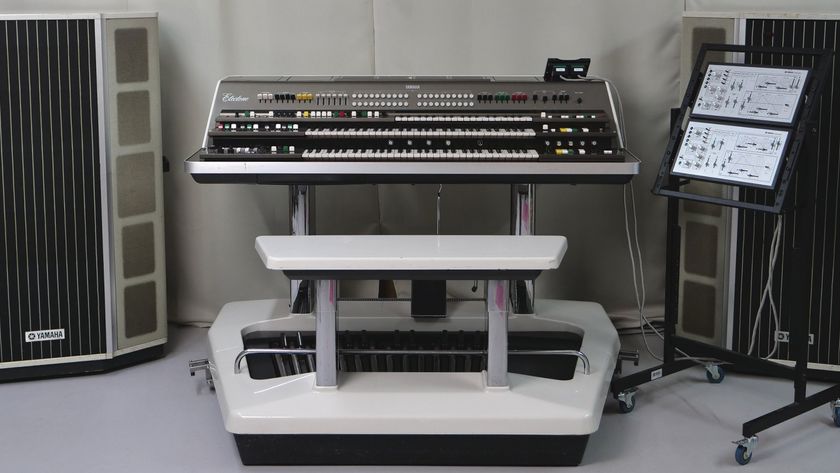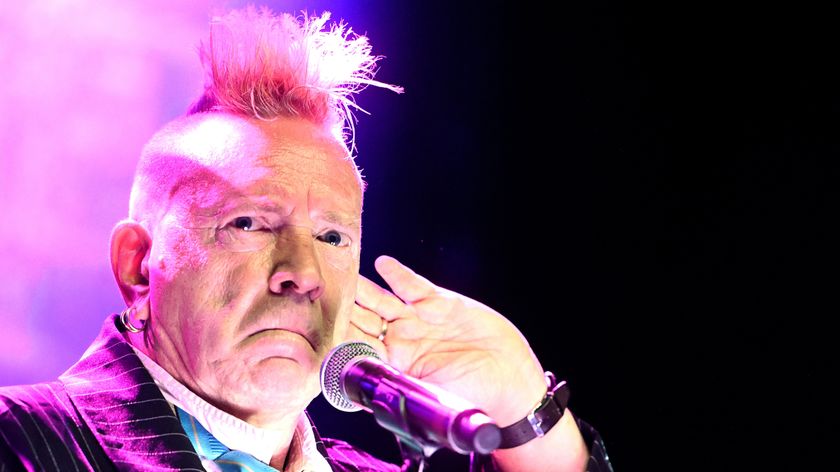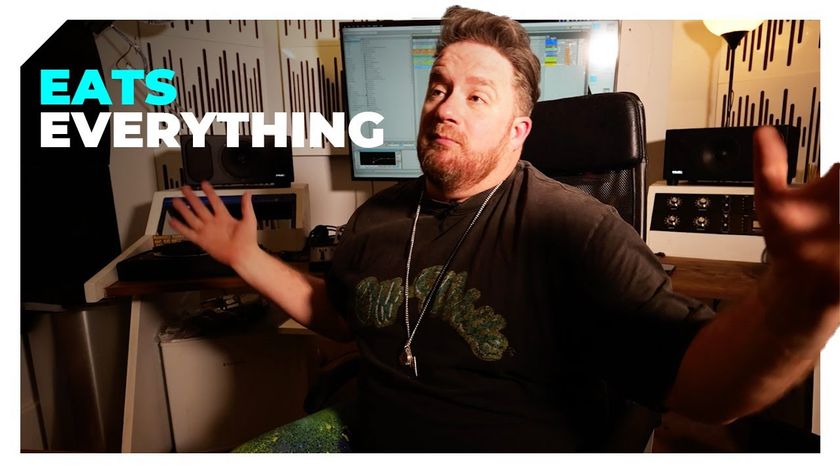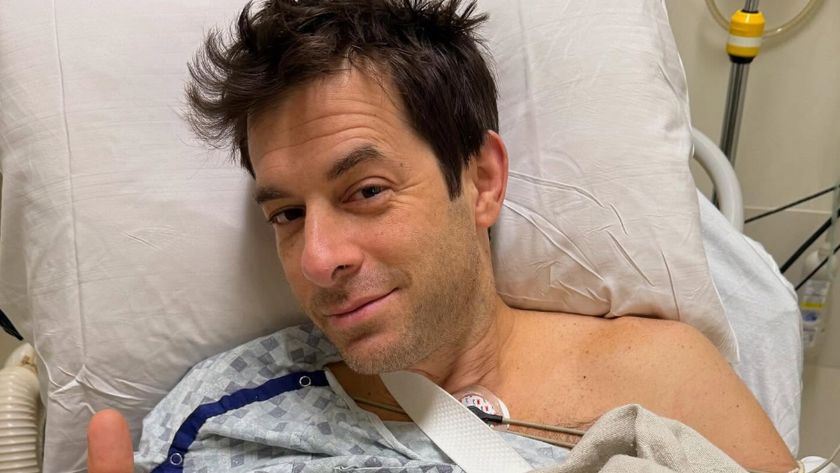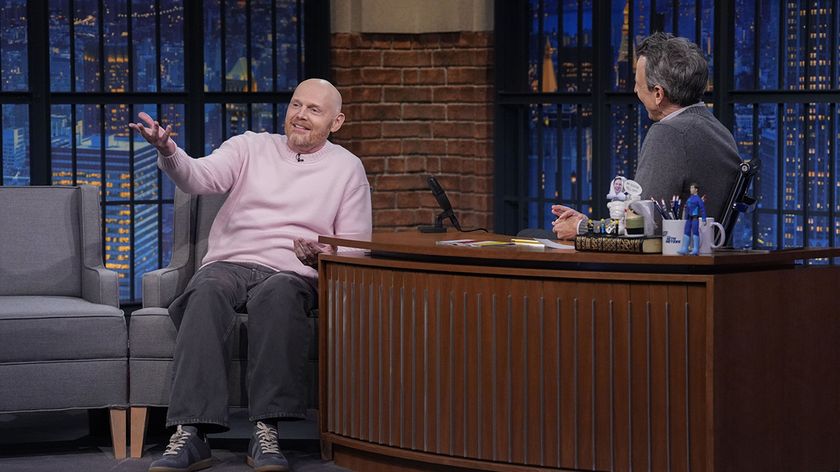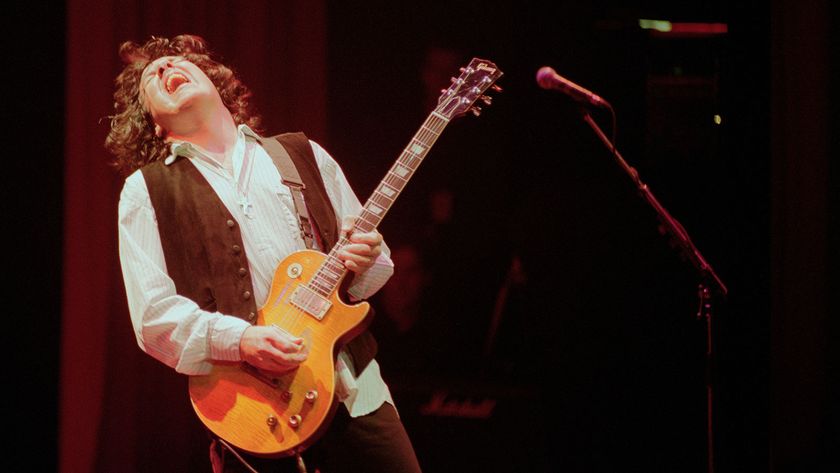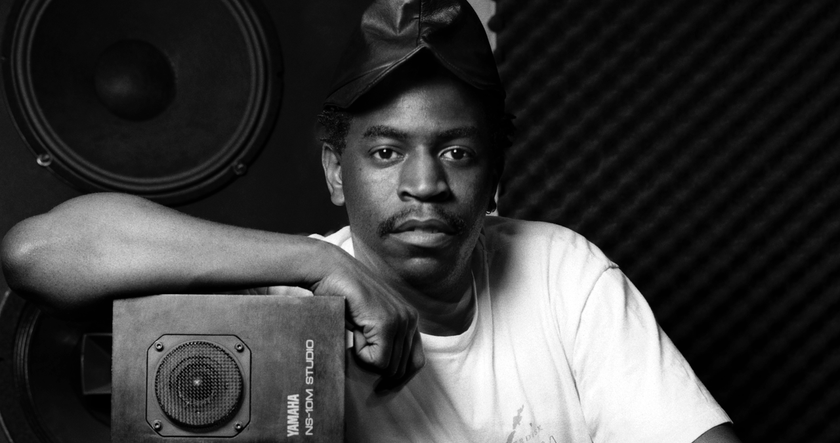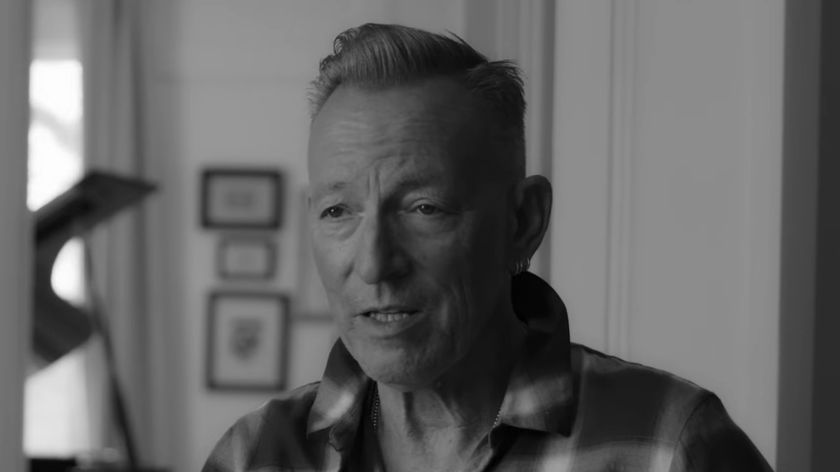“It gives you that power that sometimes pop, rock and techno songs need”: Charli XCX's Brat mastering engineer Idania Valencia on her go-to plugins and the threat of AI
The Mexican mastering engineer on working on Charli XCX's Grammy-winning behemoth and why she works entirely in-the-box

Hailing from Mexico City and now based at New York's Sterling Sound, mastering engineer Idania Valencia has an impressive CV that includes work for Sam Smith, Shawn Mendes and, most recently, Charli XCX's all-conquering album Brat, which scored a string of Grammy wins this past weekend.
Valencia’s rise to working on one of last year’s biggest records is built on years of hard work refining her craft, first in her native Mexico and then in the US.
"I got into music as a teenager,” she explains. “I played the piano, and I wanted to be a composer. I decided I wanted to study music composition. My parents said that I could, but only if I also studied something else too, because they didn't want me to struggle with money.”
Valencia signed up to study audio engineering alongside composition, a subject that, she tells us, sounded enough like a proper ‘career’ to placate her concerned parents.
“Eventually I started realising I really liked the engineering part of it and how technical it was,” she continues. “I’m a little geeky that way. Eventually I end up going for mastering, and that's how it all started."
With her sights set on a career in mastering and audio engineering, Valencia moved to the US and enrolled at Florida’s Full Sail University. Upon completing her studies, she began applying for work at various mastering studios around New York City.
"I sent my resume to, I don't know, all the places that I could find in the New York area,” she explains. “Brooklyn, Long Island City, New Jersey, Manhattan, everywhere. I got rejected, but then I made a trip up to New York and went to Sterling Sound, left my resume, and they eventually gave me a call."
Get the MusicRadar Newsletter
Want all the hottest music and gear news, reviews, deals, features and more, direct to your inbox? Sign up here.
We sat down with Valencia at the 2025 NAMM show in California to talk about working on one of 2024's biggest albums, plugins, the rise of AI tools and her approach to mastering.
How does it feel to have mastered one of 2024’s biggest albums?
"It feels incredible, obviously. I knew since I first listened to the music that it was gonna be big, because the music was incredible. But you just never know when you're working on something how people are going to react to it. It was really impressive and just super satisfying to see the whole cultural momentum that it got. It just feels like I was there at the right time, the right place, and this had to happen, and I was just happy to be there."
Sonically, how did you adapt your techniques to suit Charli XCX's distinctive sound?
"I didn't have to adapt my techniques that much. I just had to respect the sound, you know? I really just had to trust what I was receiving; trusting that the mixes were already there. I got references for the mixes, so I just had to match the reference, but make it a little bit better. And you know, there's that Charli sound, that I think she started crafting in her previous things. I already kind of knew I wanted to work on her, because I was a fan. So when I got it, I was like, this is already there, I just have to make it shine. And that's what I went for."
What does your typical workflow look like when you're mastering a track? Is it the same for every project?
"It is pretty similar, I would say, because I know my tools that I usually use and the order I use them. Those are mainly plugins, I work mostly in the box. I know they work, so I will try that workflow whenever I get something, and if it's not working out for any reason, then I will adapt and change and move things around. But usually I just go for the same setup and tweak here and there until I feel like it is good enough."
Are you completely in the box, or are using hardware as well?
"I'm completely in the box. This might be different from mastering engineer to mastering engineer, but I work at a studio that's very fast paced, and we get a lot of projects every day. So that's the main reason why I like working in the box, because I have to turn things around really quickly and then revise things also very quickly. So this is just the best workflow for me.
"Also, I'm a little younger compared to other mastering engineers, I just learned to do things in the box. I'm happy with that, you know. I feel especially for mastering it gives you a really clean sound, which is what you need. Because a lot of mixes come to me in a state where they're almost there, so they just want the same thing, but better. I need a clean slate, to just be able to make clean changes so [the clients] are not like, 'What is this? Why did it change so much?'"
Can you walk us through a few of your most used plugins?
"There are two limiters. Limiting is huge in mastering. The limiters I use the most are the FabFilter L 2, and I also use iZotope Ozone Maximizer 7. I know, like we are way ahead, but there's something about version 7 that I like specifically – I like the simplicity of it. I feel like every time they update it, it looks a little bit more complex.
"What I like about the FabFilter is that it just works. It sounds very transparent. It lets you add a level without getting much distortion. And what I like about the Maximizer is that, I feel it gives you that power that sometimes pop, rock and techno songs need. I might use them in chain, because I feel like having the Fabfilter first and then the other one doing the rest of the job, I love how that sounds."
Can you recall any projects that presented a particular challenge?
"Well, every project has challenges in different ways. A challenge that I often get as a mastering engineer is when I receive a mix and the mix is kind of quiet, but then they send me a reference of the same song finished, and the reference is super loud because they've used a ton of plugins.
“AI can do a better job than a bad mastering engineer, but there are creative things that we humans can do that cannot be completely replicated”
“For me, to kind of get it to that point before even getting to the real mastering, sometimes it's really hard because you're just guessing. You don't know which limiters, what EQ, what type of processing they used, and that always becomes very challenging, because the mix and the reference mix are two completely different things."
What's your take on the rise of AI-powered, automated mastering platforms? Do you feel like they're a threat to the industry in any way?
"I think not yet. I'm not sure if they will be able to match it. I think they do a decent job – they do a better job than a bad mastering engineer, for sure. But the thing is that there's always these creative things that we humans can do that I feel cannot be completely replicated.
"You know when you go for your gut feeling? I don't think that can be replicated on an AI. And also, sometimes, when I master songs, I chop them into a lot of parts and treat every section differently. AI cannot do that as of now. They just do one treatment for the whole thing. But I've heard some good AI mastering, I have to say. I think that just challenges us mastering engineers to be better, you know?"
Have you faced any challenges as a woman in such a male dominated field?
"I have to say, I think I've been very lucky. Yes, this field is completely male dominated. Where I work I'm the only mastering engineer that's a woman, but I've always felt a lot of respect and support from my peers. What I really wish is that more women could see themselves in my place. You know, the fact that now there's more female producers, there's more recording engineers, there's more more engineers, in general, can make other women think, like, 'Hey, that's a cool job. I think I can do that'. You know? Because the industry is really open to having more women working in the industry."
What advice would you give to any young women that might be looking to break into the industry?
"Well, just to trust herself and never believe that you cannot do it. Thankfully, I had a lot of support from my parents and my family, and I never heard anything like, oh, no, you know, because you're a woman, you cannot do this. So I think that's why I always believed in myself. I know it changes. There's families where they are not like this, but just believe you can do it like if I'm here, you can do it. I'm not even from the US. I mean, I'm from Mexico, so I grew up in Mexico, so just believe it you can do it."
I'm the Managing Editor of Music Technology at MusicRadar and former Editor-in-Chief of Future Music, Computer Music and Electronic Musician. I've been messing around with music tech in various forms for over two decades. I've also spent the last 10 years forgetting how to play guitar. Find me in the chillout room at raves complaining that it's past my bedtime.
- Matt MullenTech Editor
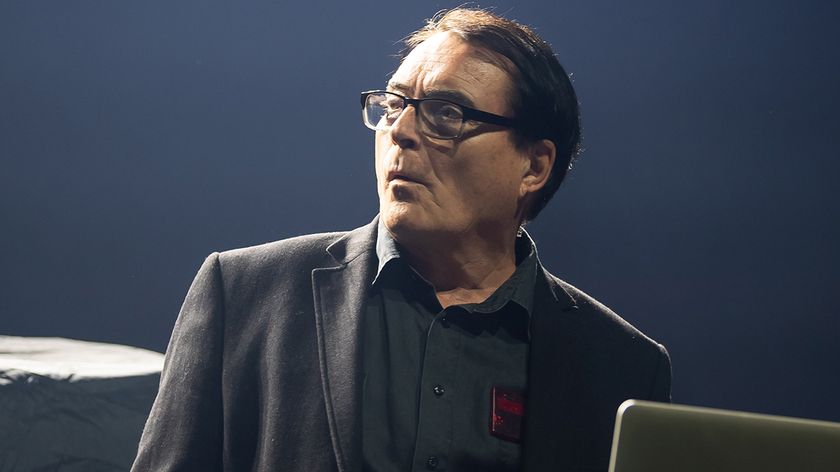
“We love you guys. Without Kraftwerk we would not find our own robot style, being on stage with the helmets, you know”: How a fake Daft Punk fooled Kraftwerk’s Wolfgang Flür into a collaboration

“My love letter to a vanished era that shaped not just my career but my identity”: Mark Ronson’s new memoir lifts the lid on his DJing career in '90s New York

